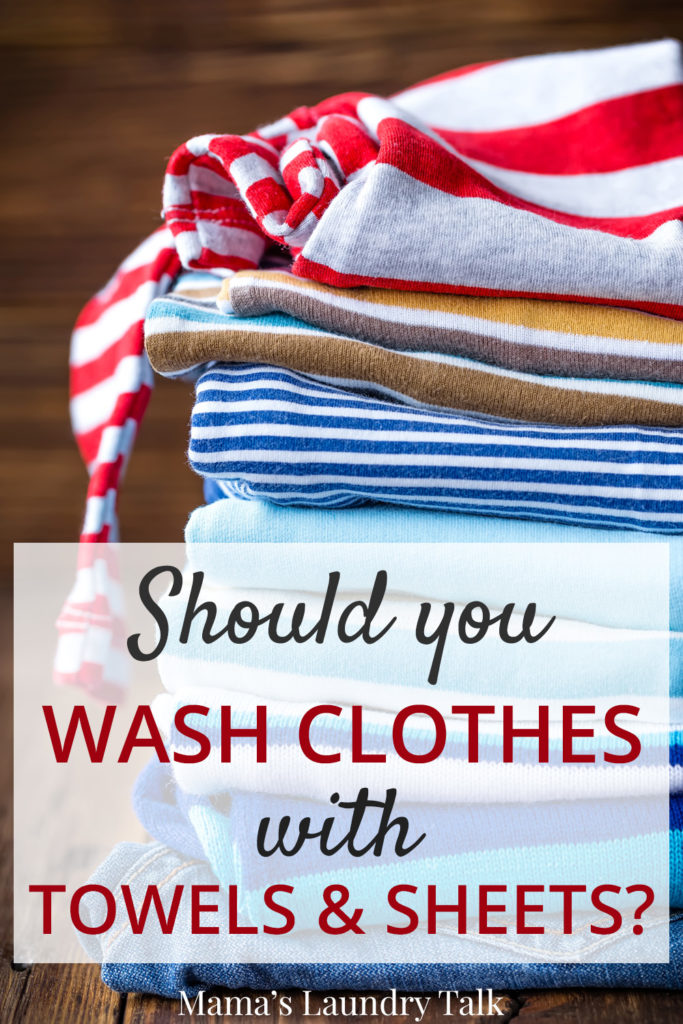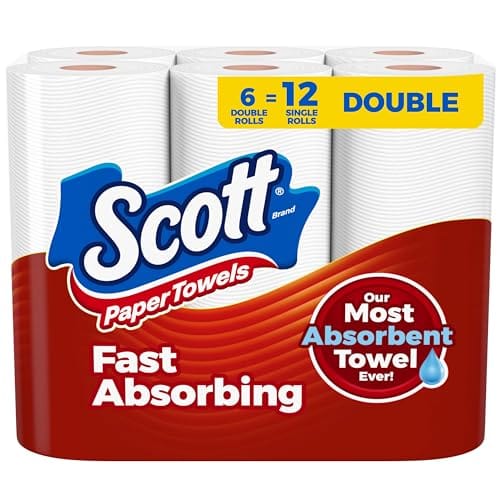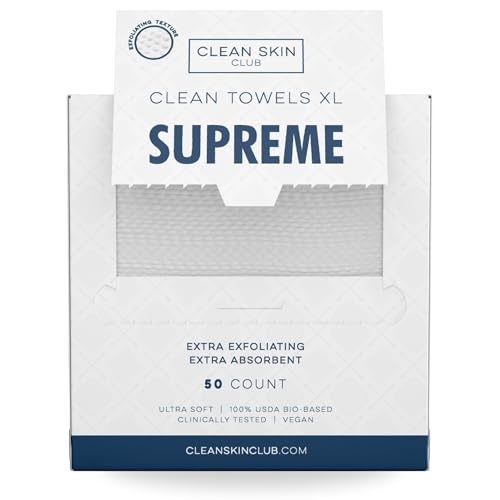Do not wash towels with clothes. Towels can transfer lint and bacteria to clothes, affecting cleanliness and hygiene.
Proper laundry habits ensure your items remain clean and last longer. Washing towels separately from clothes is essential. Towels often accumulate a lot of lint and bacteria, which can be transferred to your clothes during the wash. This can make your clothes look worn out faster and may not clean them thoroughly.
Towels also require different washing conditions, such as higher temperatures and more detergent, to get rid of bacteria and odors. By separating your laundry, you maintain the integrity of your clothes and ensure that both your towels and garments are properly cleaned and sanitized.
Introduction To Laundry Separation
Understanding laundry separation is crucial for keeping clothes and towels clean. Many people wonder if they should wash towels with clothes. Proper laundry separation helps maintain fabric quality and hygiene.
Why Separate?
There are several reasons why you should separate towels from clothes:
- Hygiene: Towels can carry more bacteria and germs than clothes. Washing them together can spread germs.
- Fabric Care: Towels are often made of thicker material. They can cause wear and tear on delicate clothes.
- Drying Time: Towels need more time to dry. Washing them with clothes can make the drying process uneven.
Common Misconceptions
Many people believe certain myths about laundry separation. Here are some common misconceptions:
- Mixing Colors: Some think mixing colors doesn’t matter. In reality, colors can bleed and ruin clothes.
- Energy Saving: People believe washing everything together saves energy. It can actually cause more damage, leading to more washes.
- Detergent Efficiency: Some think one detergent works for all fabrics. Different fabrics need different detergents for best results.
The Debate: Towels Vs. Clothes
Should you wash towels with clothes? This question has sparked much debate. Some believe it’s efficient, while others argue it’s unhygienic. Let’s dive into this topic under various aspects.
Material Matters
Towels are usually made from thicker materials like cotton or microfiber. These fabrics are designed to absorb moisture. Clothes, on the other hand, come in a wide range of materials. These include delicate fabrics like silk and more durable ones like denim.
Mixing these materials can cause issues. The rough texture of towels can damage delicate fabrics. Additionally, towels produce more lint, which can stick to clothes. This can make your clothes look older and less clean.
Color And Texture Considerations
Color bleeding is a major concern. Dark towels can bleed onto light-colored clothes. This can ruin both your towels and your clothes. Always wash dark colors separately to avoid this issue.
Texture also plays a role. Towels are rougher and heavier. This can cause wear and tear on lighter, softer fabrics. Washing towels separately can extend the life of your clothes.
| Aspect | Impact |
|---|---|
| Material | Towels are thick; clothes are varied |
| Color | Dark towels can bleed onto clothes |
| Texture | Rough towels can damage delicate fabrics |
In summary, considering material, color, and texture helps decide whether to wash towels with clothes. This ensures both hygiene and longevity of your fabrics.
Hygiene And Health Implications
Understanding the hygiene and health implications of washing towels with clothes is crucial. Towels are notorious for harboring bacteria and germs. Mixing them with clothes during laundry can pose serious health risks. Let’s explore the specifics.
Bacteria And Germs
Towels are often damp and provide a perfect environment for bacteria to thrive. This includes harmful germs like Staphylococcus and E. coli. These bacteria can survive on towels for days. When you wash towels with clothes, these bacteria transfer to your clothes. This can lead to skin infections and other health issues.
| Item | Common Bacteria |
|---|---|
| Towels | Staphylococcus, E. coli |
| Clothes | Varies (based on use) |
Cross Contamination Risks
Cross contamination happens when bacteria from one item spread to another. Washing towels with clothes increases this risk. Towels used in the bathroom can carry fecal matter and other pathogens. These can easily transfer to your clothes during washing.
- Increased risk of skin infections
- Potential for spreading pathogens like MRSA
- Higher chances of developing allergies
To minimize cross contamination, it’s best to wash towels separately. This practice helps to maintain better hygiene and overall health.

Impact On Fabric Longevity
Understanding the impact on fabric longevity is crucial when deciding whether to wash towels with clothes. This practice can affect the lifespan of both items, leading to wear and tear or preserved quality depending on the method.
Wear And Tear
Mixing towels with clothes can cause increased friction. Towels are usually more abrasive, which can lead to small tears in delicate fabrics. These small damages can accumulate over time, shortening the lifespan of your clothes.
Additionally, towels often have loops of fabric that can catch on other items. This can cause both the towels and clothes to wear out faster. The rough texture of towels can also lead to pilling on softer fabrics.
Preserving Quality
To preserve the quality of both towels and clothes, washing them separately is recommended. This practice reduces friction and prevents damage. Using a gentle cycle for clothes and a more rigorous cycle for towels can also help.
Here are some tips to keep your fabrics lasting longer:
- Use cold water for clothes to prevent shrinkage.
- Opt for a gentle detergent.
- Separate colors to avoid bleeding.
- Use fabric softener sparingly.
Following these tips can help you maintain the quality of your fabrics, ensuring they last longer.
Efficiency And Energy Consumption
Washing towels with clothes can save time and energy. It can also impact water usage and drying times. Understanding these factors helps you make informed choices.
Water Usage
Washing towels and clothes together can reduce water usage. A single load uses less water than two separate loads. This saves resources and lowers your water bill.
Consider the following table for water usage comparison:
| Separate Loads | Combined Load |
|---|---|
| 40 gallons | 25 gallons |
Combining loads can save up to 15 gallons of water per wash.
Drying Times
Towels take longer to dry than clothes. Mixing them can increase drying times. Longer drying times use more energy.
Follow these tips to improve drying efficiency:
- Use a high spin cycle to remove excess water.
- Shake out towels before drying.
- Dry similar fabrics together.
These tips can help reduce drying times and save energy.
Best Practices For Mixing
Wondering if you can wash towels with clothes? This section explains the best practices for mixing them in the wash. Learn when it’s safe and precautions to take for a clean and efficient laundry routine.
When It’s Safe
It is safe to mix towels with clothes if both are similar colors. Avoid mixing light and dark fabrics to prevent color bleeding. Use a cold water setting to minimize color transfer.
Towels can be washed with clothes if both are made of similar fabrics. For example, cotton towels with cotton clothes. This ensures they have the same wash care instructions.
Precautions To Take
Follow these precautions for a successful mixed load:
- Use color-catcher sheets to prevent color bleeding.
- Do not overload the washing machine to ensure proper cleaning.
- Avoid washing delicate fabrics with towels to prevent damage.
- Use the appropriate detergent for both towels and clothes.
Always check the care labels on your towels and clothes. This ensures you use the correct wash cycle and temperature. Following these steps will help maintain the quality of your laundry.
Alternative Strategies
Finding the best way to wash towels and clothes together can be tricky. To help, here are some alternative strategies to make your laundry routine easier and more effective.
Separate Wash Days
One strategy is to have separate wash days for towels and clothes. This way, you avoid color bleeding and fabric damage. Towels can be washed with hot water to kill germs. Clothes often need cooler water to protect delicate fabrics.
Here’s a simple schedule:
- Monday: Towels
- Wednesday: Clothes
- Friday: Towels
- Sunday: Clothes
Using Laundry Bags
Using laundry bags can be another great strategy. Laundry bags help protect delicate items. They also prevent towels from causing damage to clothes. Here’s how to use them:
- Place delicate clothes in the laundry bag.
- Wash the bag with towels.
- Use a gentle cycle for mixed loads.
Ensure the laundry bag is large enough for the items. Choose a bag with a strong zipper to keep it closed.
| Benefit | Separate Wash Days | Using Laundry Bags |
|---|---|---|
| Prevents Color Bleeding | Yes | Partially |
| Protects Delicate Items | No | Yes |
| Easy to Implement | Yes | Yes |
:max_bytes(150000):strip_icc()/GettyImages-1140070236-f69f515cc13747a28bf334ed2360f130.jpg)
Expert Tips And Tricks
Washing towels with clothes can be tricky. This guide helps you do it right. Learn expert tips and tricks for the best results.
Professional Laundry Advice
Separate by Color: Always separate white towels from colored clothes. This avoids color bleeding.
Use the Right Detergent: Choose a gentle detergent for both towels and clothes. It protects the fabric.
Wash in Warm Water: Warm water kills germs but is gentle on fabric. Use it for both towels and clothes.
Avoid Fabric Softener: Fabric softener can reduce towel absorbency. Skip it for towels but use it for clothes.
Diy Solutions
Vinegar Rinse: Add a cup of vinegar in the rinse cycle. It helps keep towels soft.
Baking Soda Boost: Add half a cup of baking soda with detergent. It enhances cleaning power.
| Problem | DIY Solution |
|---|---|
| Musty Towels | Wash with vinegar and hot water |
| Stiff Towels | Add baking soda in the wash |
| Color Bleeding | Separate whites and colors |
Dry Separately: Towels take longer to dry than clothes. Dry them separately for best results.
Use Dryer Balls: Dryer balls help fluff up towels. They also reduce drying time.
:strip_icc()/shouldyouwashyoursheetswithtowels-final-b59357216dbb413a8991165ed9f74479.png)
Frequently Asked Questions
Can You Wash Towels With Clothes?
Yes, you can wash towels with clothes. However, it’s best to separate them to prevent lint transfer and uneven drying.
What Temperature To Wash Towels And Clothes?
Wash towels in hot water to kill bacteria. Clothes can be washed in warm or cold water depending on the fabric.
Should Towels Be Washed Separately?
It’s recommended to wash towels separately. This prevents lint from transferring and ensures they get properly cleaned.
How Often Should You Wash Towels?
You should wash towels after three uses. This keeps them fresh and prevents bacteria buildup.
Conclusion
Washing towels with clothes can save time and energy. Always consider fabric types and washing instructions. Separate heavily soiled items. Proper washing ensures hygiene and longevity. Follow these tips to maintain your laundry’s quality. Keep your towels and clothes fresh and clean.
Make laundry day efficient and stress-free.


